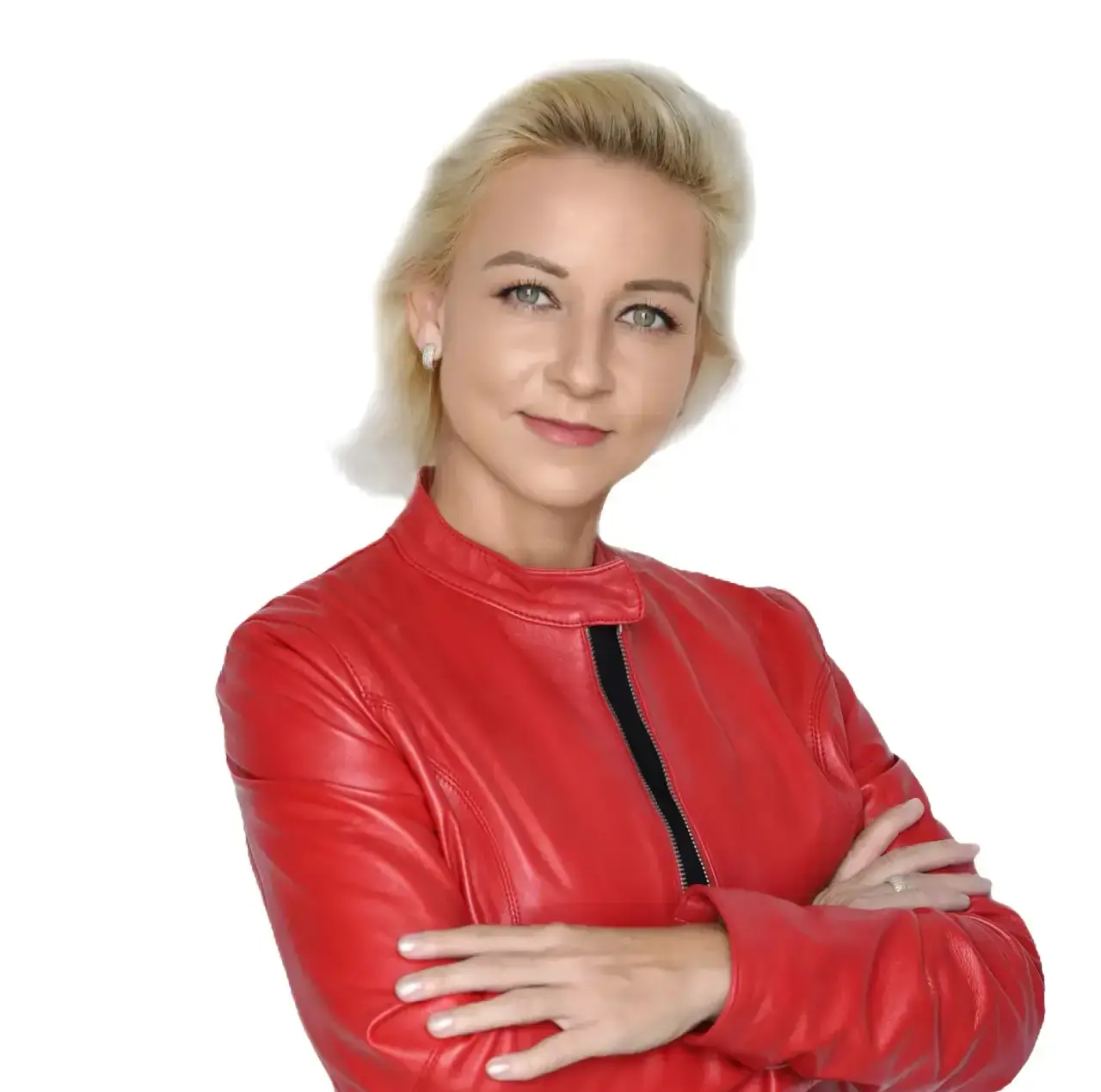


As the world transitions into web3 and the Metaverse, Dr. Ingrid Vasiliu-Feltes MD MBA stands out prominently as a distinguished global thought leader with a human-centric approach, who is advocating for digital ethics and compliance in this new realm, coupled with an emphasis on education and health.
Recipient of numerous awards, most notably the WBAF World Excellence Award for Social Entrepreneurship 2021, Dr. Vasiliu-Feltes wears countless hats. She is CEO of Softhread (a blockchain technology company), expert advisor to the European Union Blockchain Observatory Forum, Sr. Senator and Secretary General of the Science, Technology and Innovation committee, Secretary General Research Institute, as well as USA Country Director for the World Business Angel Investment Forum (WBAF) – an affiliated partner of the G20 Global Partnership for Financial Inclusion (GPFI), Board Member and Chief Innovation Officer of Government Blockchain Association, Board Member of the Partners in Digital Health Institute, and the Founder and CEO of the institute for Science Entrepreneurship and Investment. The impressive list continues. She is also an author of several books and teaches the University of Miami Business School’s MBA program as well as at the WBAF Business School.
Dr. Vasiliu-Feltes has completed her postgraduate medical training at New York’s Columbia University College of Physicians and Surgeons. Complementing her academic and clinical career, she completed an Executive Master of Business Administration degree from the University of Miami, with specialty certification in Health Sector Management and Policy. She holds several certifications, such as Bioethics from Harvard, Artificial Intelligence and Business Strategy from MIT Sloan, Blockchain Technology and Business Innovation from MIT Sloan, Finance from Harvard Business School, Negotiation from Harvard Law School, and Innovation and Entrepreneurship from Stanford Graduate School of Business.
With 20 years of healthcare experience in clinical compliance, quality assurance and pediatric ethics, she regards quality and patient safety near and dear to her. This is evident through her work in the tech industry where she strongly promotes a moral and ethical approach to doing business in the new digital era.
Dr. Vasiliu-Feltes is a global thought leader on digital advocacy, digital ethics and digital transformation, contributing to numerous global initiatives of the United Nations Sustainable Development Goals (UN SDG) 2030. She is involved in web3 as an angel investor, as CEO of Softhread, Chief Innovation Officer and as Board Member of Government Blockchain Association.
“I became interested in digital identity and self sovereignty several years ago and decentralized web architecture immediately surfaced as the optimal pathway to change the paradigm globally,” she asserts. The opportunities she envisages in the next five years in web3 and the Metaverse are democratized access to data, data ownership and data monetization, as well as a reduction in the digital, financial and educational divides.
In her opinion, the Metaverse can have a profound transformative and disruptive impact on all facets of society and the business ecosystem. “There will be a redesign, reconfiguration, and recalibration of the way we live, work, educate and interact.”
Speaking as guest of honor at the Global Emerging Leaders Awards 2022, Dr Vasiliu-Feltes stated a famous quote: ‘The best way to predict the future is to build it ourselves.’ She emphasized the important role that global emerging leaders can play in the current post pandemic global landscape fraught with social, political and economic risks and adversities.
She advocates for authentic, purposeful and inspirational leadership. “These unprecedented times call for innovative solutions and a revised approach to manage this volatile global business environment, so that we can adapt to major emerging technologies.”
Reminding us that for leaders to be successful in this new digital era, versatility, agility and resilience are key. To manage a global hybrid workforce, reskilling and upskilling is important, and rethinking how to identify, select, retrain and retain talent. Adjusting to a new multi-sensorial immersive, embedded collaboration system and new training models is also necessary, as traditional instruction methods do not seem to meet the needs for a current generation.
Leaders must also be comfortable with evaluating and deploying new frontier technology and new disruptive ideas. She makes the point that companies should not merely buy the next technology, but use it to truly transform their human resources, in the way they train their staff, engage with them, and in retaining talent in the current new ecosystem. Business models would need to be pivoted appropriately, along with revenue streams and marketing strategy as all those facets are required to transform.
“Global leaders in the digital era,” Dr. VasiliuFeltes impresses, “are expected to lead ethically, with integrity and empathy, aligned with the UN SDG 2030. These are demanded by the post-pandemic workforce and society.” She adds that for long-term sustainability of businesses in the web3/Metaverse space, education and health need to be a key emphasis.